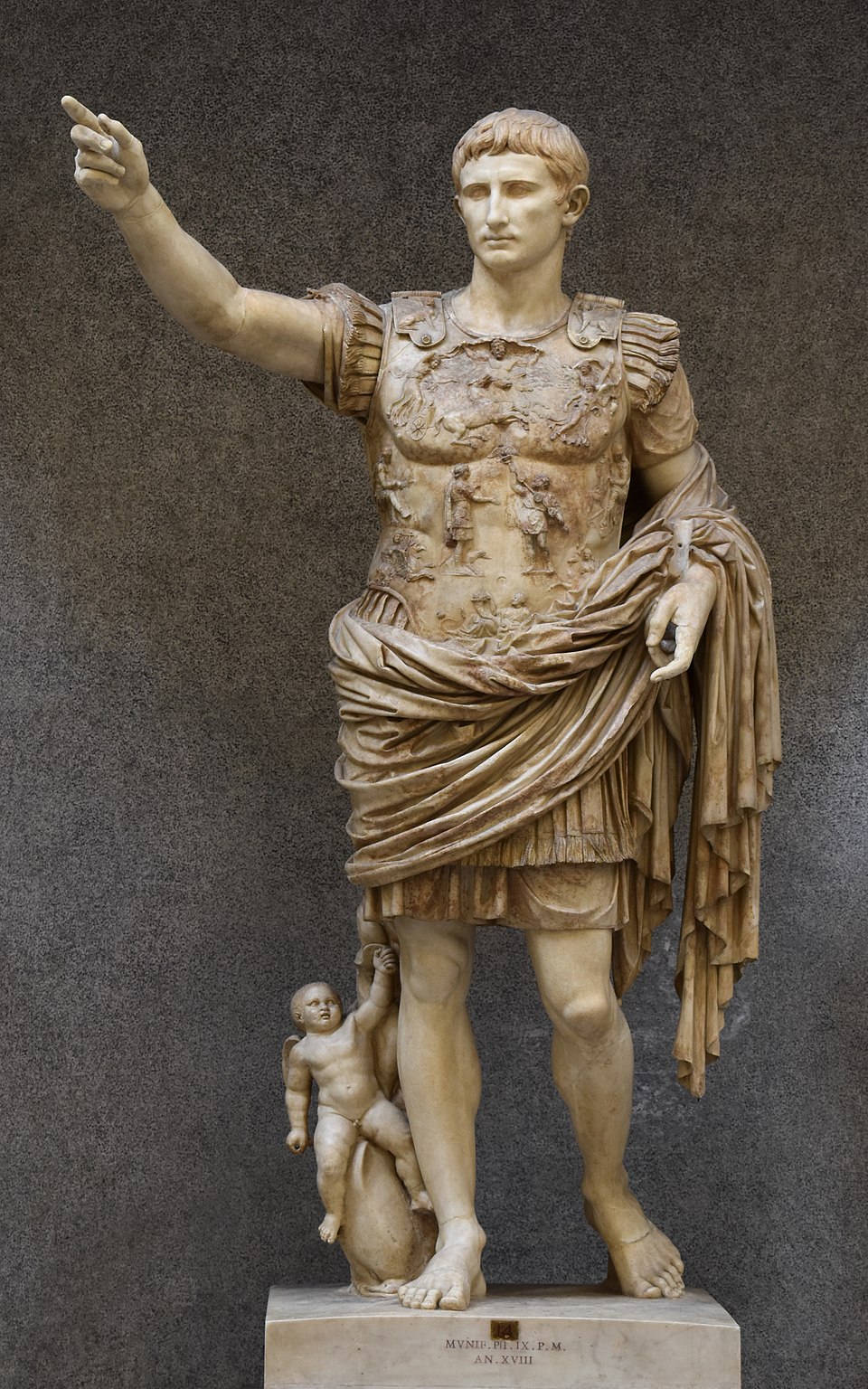Events around the globe provide us with an opportunity to examine leadership from a sociological perspective. Leaders, who are individuals or groups who help facilitate, guide, and be the representative voice of their members, don’t just exist in a vacuum. They require social groups to support and carry out their plans. For our purposes, a social group is defined as two or more individuals connected by common bonds and shared social relations. In other words, a group can range anywhere from two people, also known as a dyad, to a structured, purposeful, and goal-oriented collection of people commonly referred to as an organization. Let’s take a few moments to consider a variety of leadership styles by looking at a few examples in our world.

In the news, there recently has been coverage of the coup d’états’ in the African nations of Gabon and Niger. Coup d’états or coups are best described as violent seizures of government power. Since 1950, there have been over 480 military coups d’états around the world. At least 214 of these coups have occurred on the continent of Africa. Other recent examples of coups have been in the African nations of Mali and Burkina Faso in 2022. Coups typically involve military and authoritarian leaders, a leadership style that is based on orders and directives. Authoritarian leaders are in complete control of group activities and are a form of instrumental leadership in that they are very task-oriented. The leader decides the activities, directions, and goals of the group. This is a demanding leadership style. As a result, the desires of individual group members are less important than attaining the group goal. Authoritarian leaders are not limited to the military. Others can be found in the mafia, street gangs, and corrections officers.

Next are democratic leaders, a leadership style based on increasing harmony and reducing conflict between group members. While these leaders may make the final decisions for the group, unlike authoritarian leaders, they are willing to take input and suggestions from group members. Typical examples of democratic leaders can be found in the fields of education and counseling. Mediators are another form of democratic leadership. Referring back to the aforementioned coups, we find that attempts at mediation are common after coup d’états. Through the years, examples of mediation have occurred after coups in Honduras, Madagascar, Sudan, Burkina Faso, Mali, and Niger. Regardless of the country, the goal of the mediator as a democratic leader is to solve the differences that led to the coup in the first place.
Our last category consists of laissez-faire leaders and involves a leader who takes a hands-off approach to leadership. Laissez-faire is a French term that means “not to interfere.” In other words, these leaders don’t micromanage their groups, and group members are expected to function independently. Laissez-faire leaders generally offer group members very little guidance, expecting the members to accomplish their tasks with little to no supervision. Not surprisingly, this is not the leadership style one would use with a coup. Historians have said that U.S. Presidents Ronald Reagan and Herbert Hoover, as well as Queen Victoria of Great Britain, were examples of laissez-faire leaders.

At its core, the laissez-faire approach involves hiring competent employees and giving them the freedom to do their work. Turning our attention to the business world lets us consider several successful examples of this type of leader. The billionaire Warren Buffett is said to take a laissez-faire approach to leading his company, Berkshire Hathaway. The same has been said about Mark Zuckerberg, the CEO of Facebook, and the CEO of Tesla Motors, Elon Musk. Interestingly, some in the business world contend that Steve Jobs, the co-founder of Apple, Inc., was also a laissez-faire leader. Others vehemently disagree with that assessment.
The impact of various leadership styles can be either transactional or transformational. A transactional leader acts as a manager by keeping the group functioning smoothly. In other words, they are working to maintain the status quo of the group. On the other hand, a transformational leader is one who causes individuals, groups, and social systems to change. It is worth noting that in this context, the word “change” is not a value judgment. The change can be deemed as either good or bad, depending on one’s perspective. For our purposes, “change” just refers to something different than what was previously in existence. Examples of transformational leaders include Fidel Castro, Nelson Mandela, Gloria Steinem, and the former President of Liberia and Nobel Peace Laureate Ellen Johnson Sirleaf.

As we have seen, not all leadership styles are right for every group. Yet, rarely will one ever find a group or organization without some type of leader. This is where the catch-22 of group and leadership dynamics comes into play. A group’s success is dependent on having the right leadership. However, the determination of a leader’s success is for group members to decide.
Thompson is a co-owner of UITAC Publishing. UITAC’s mission is to provide high-quality, affordable, and socially responsible online course materials.
Images used in this blog:
1.”West Africa map” by PirateShip6 is licensed under CC BY 4.0. This image has not been altered.
2. “Mediation” by Nick Youngson is licensed under CC BY-SA 3.0. This image has not been altered.
3. “Steve Jobs Headshot 2010-CROP2” by MetalGearLiquid is licensed under CC BY-SA 3.0. This image has not been altered.
4. “Her Excellency Ellen Johnson Sirleaf, President of Liberia” by U.S. Institute of Peace is licensed under CC BY 2.0. This image has not been altered.




